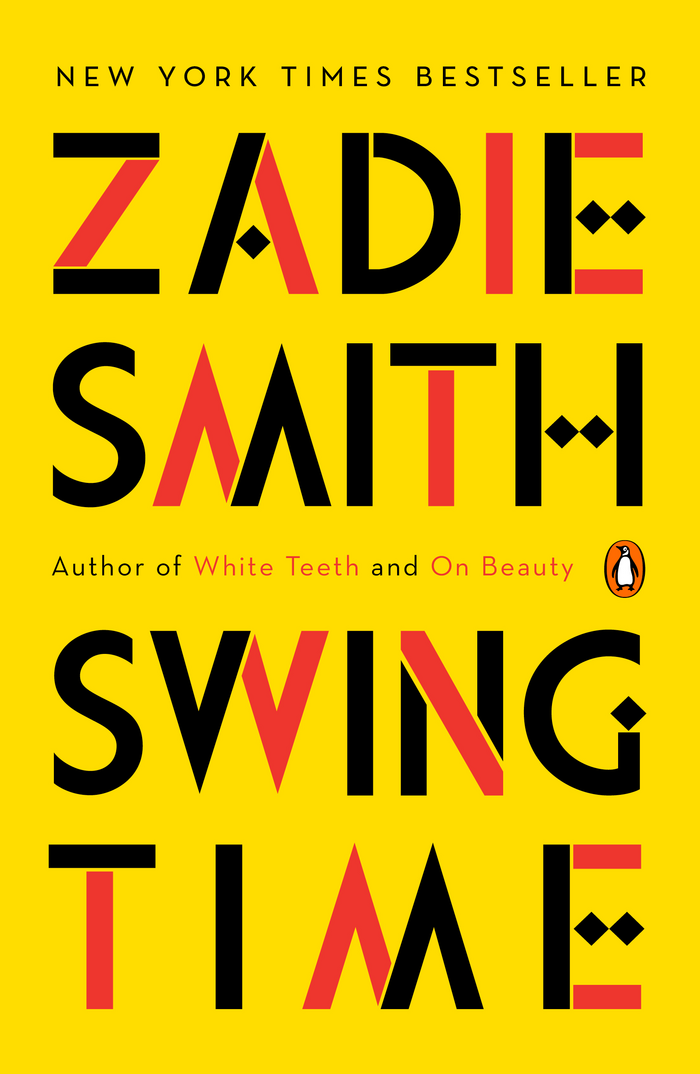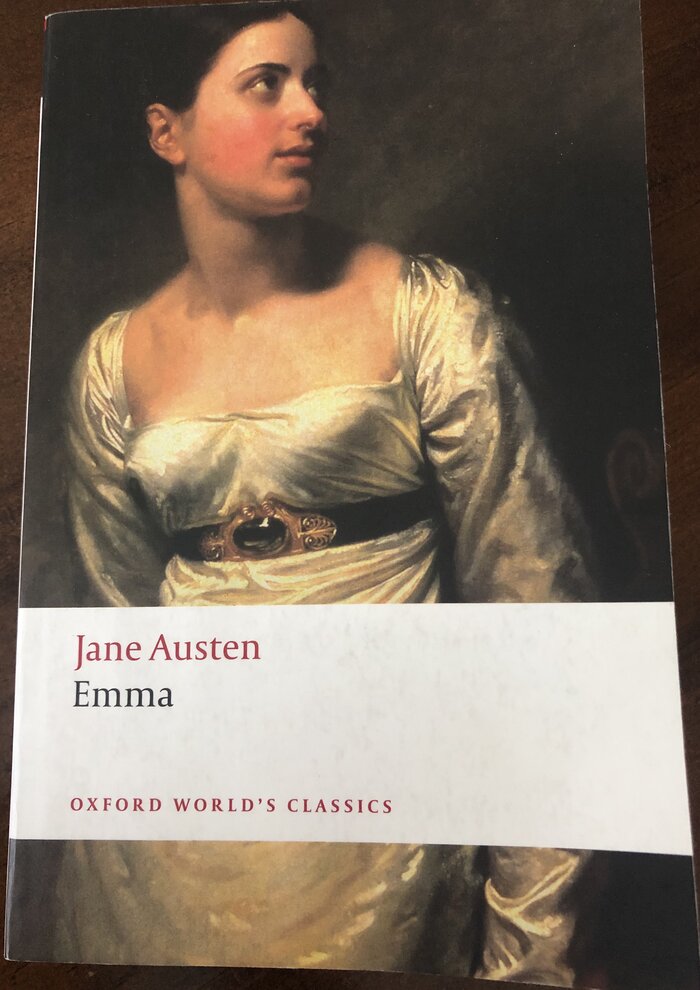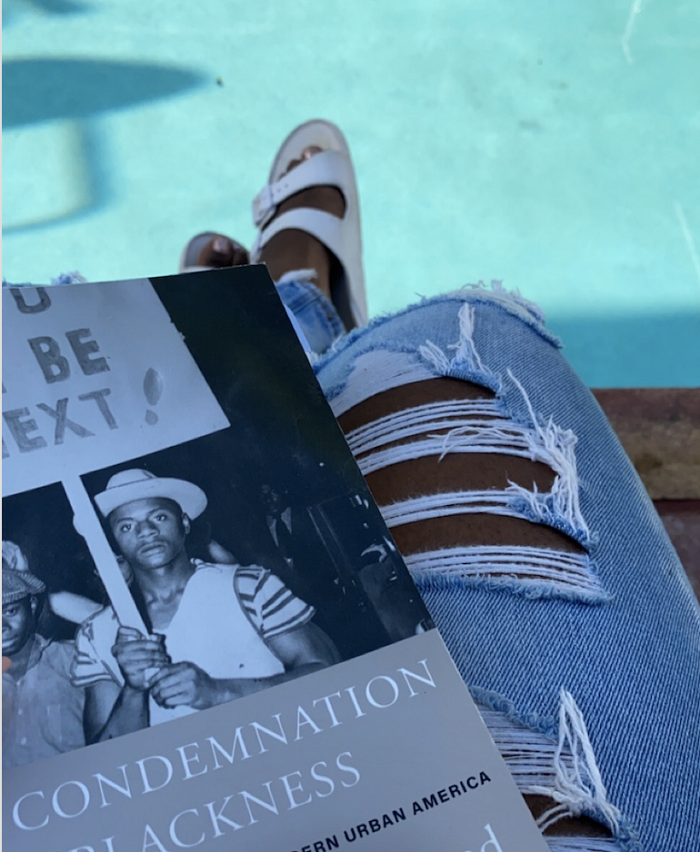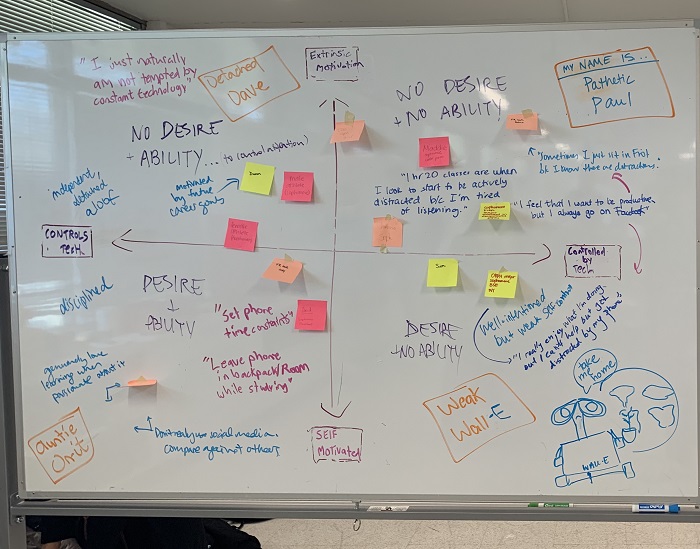Like many students at Princeton, I did not end up concentrating in the department I had anticipated as an incoming first-year. It’s completely acceptable and in fact quite normal to change your concentration throughout your time at Princeton.
As a first-year, I expected to end up in the English department. I’ve always loved to read and write and had originally planned on becoming an English teacher. I took a couple English classes and enjoyed them overall, but at the same time, my professional interests shifted away from teaching and towards the world of politics.
I first considered public policy and political advocacy as a potential career path after I attended an event on Capitol Hill focused on disability rights during my senior year of high school. I heard from leading disability rights advocates and then talked to members of Congress, and I found myself wondering what it would be like if I could do this every day. The summer after my first year of college, I interned at a disability rights organization. I loved my experience and I realized this really could be a career I could see myself pursuing in the future.
When I began my sophomore year, I knew I needed to make a decision soon about my concentration. I decided to take an English class about science fiction, a politics class about state politics and a class in the School of Public and International Affairs (SPIA) about education policy. I found myself looking forward to my education policy class the most because I enjoyed learning about the importance of education and the barriers to academic success that still need to be addressed. I gained valuable experiences in policy research, such as writing a literature review and a policy memo. This amazing class helped me decide that SPIA was the right department for me.
I want to be clear that there was nothing wrong with the English department. I just realized that as much as I love to read and write, I wanted to learn about public policy and the world as a whole instead of focusing on literature. I also really liked the format of SPIA’s junior independent work, which includes a policy taskforce. Luckily, I did not have to completely abandon my interest in reading and writing because I also decided to pursue a certificate in Journalism.
Although it was a tough decision, I feel confident that concentrating in SPIA was the right decision for my academic and professional interests. I am grateful that Princeton makes Bachelor of Arts (A.B.) students wait to declare a concentration until sophomore spring because it gave me the freedom to explore multiple departments to help me find the best fit.










